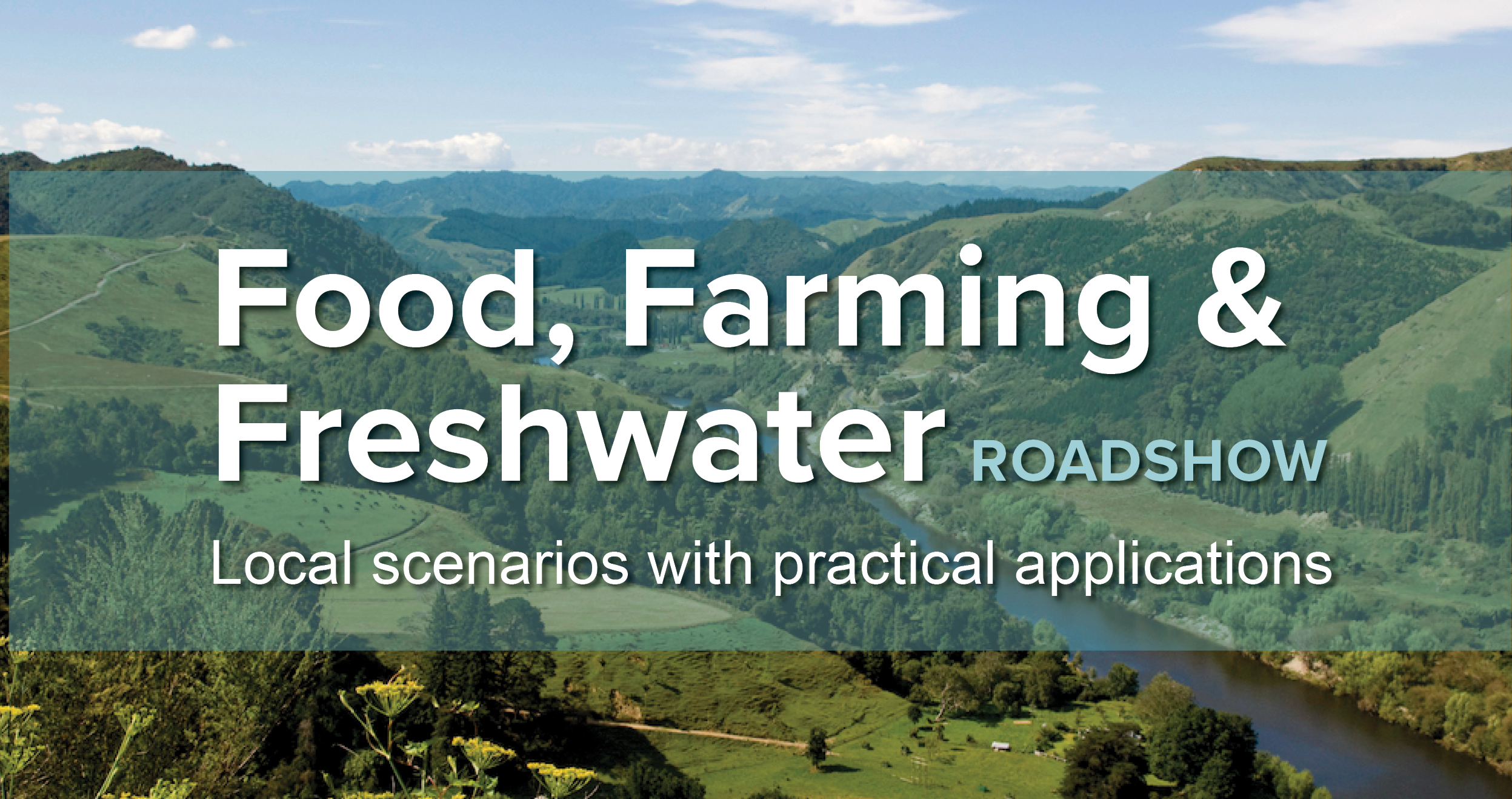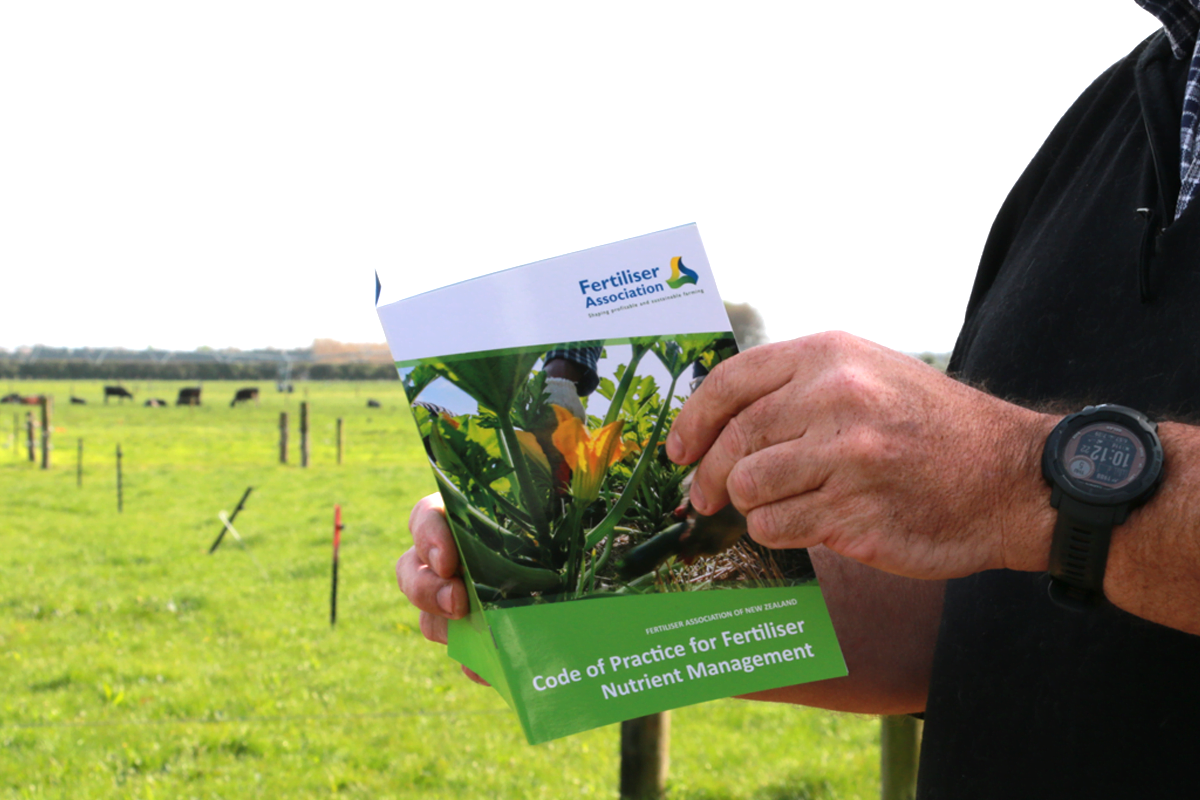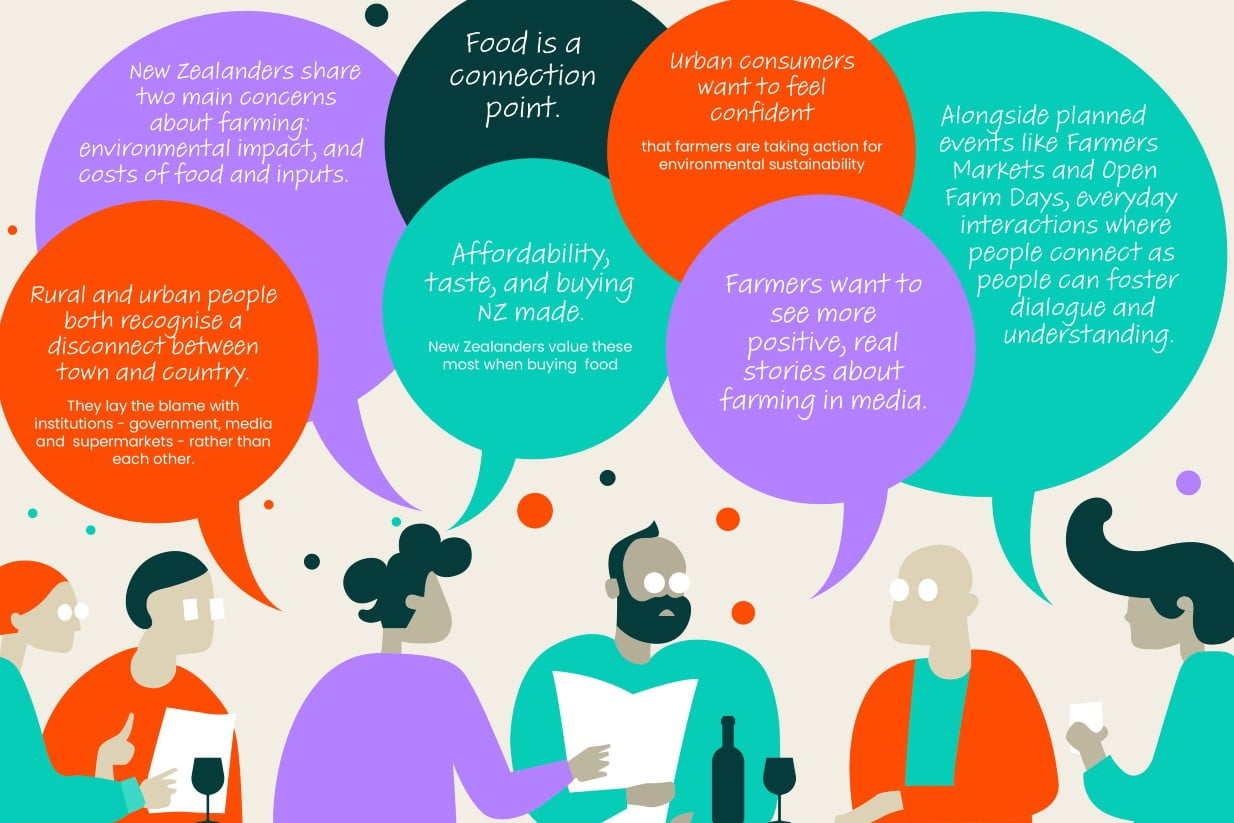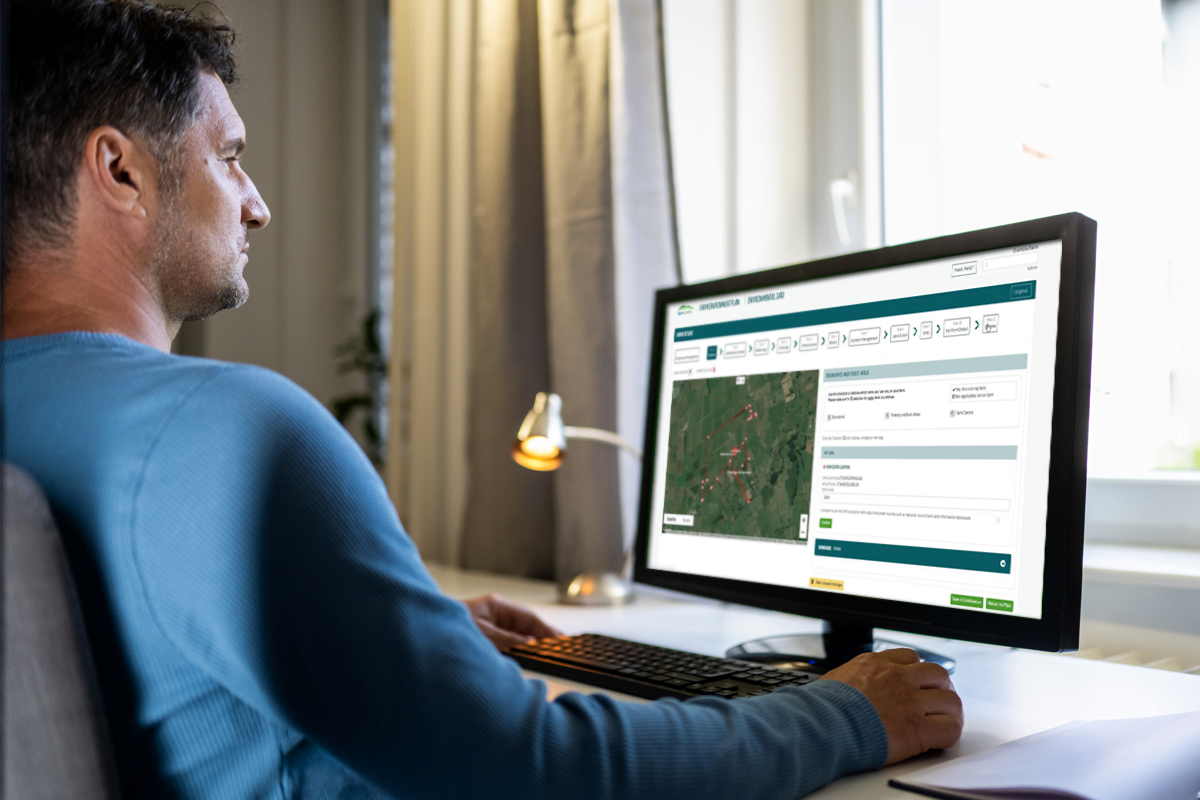Primary Industry Trade at Risk Unless Assurance is Tightened
Two recently published reports look at the gap between Aotearoa’s assurance schemes for the primary sector and our trade potential.
A new report, EU Green Deal: Impact on New Zealand’s Land-based Primary Producers, warns that trade access to Europe is at risk because the EU is drawing hard lines on pesticides that will affect agriculture around the world.
The EU’s Farm to Fork Strategy aims to reduce the environmental and climate footprint of the continent’s food production and consumption system. It proposes to reduce the use of chemical pesticides and fertilisers, increase organic farming, change food packaging materials, and introduce new food labelling rules to support sustainable agriculture.
The 27 member states of the EU have banned 195 pesticides. In comparison, Aotearoa New Zealand has banned 28.
“We need to step up quickly if we want to keep our reputation and also our agriculturally based economy,” said Tiffany Tompkins, Chief Executive of Organics Aotearoa New Zealand and one of the authors of the report. “We need leadership and direction, and to stop wasting money protecting things that have been outlawed and are well out of the pipeline in other countries.”
Many European retailers have implemented their own standards for pesticide residues, requiring more stringency than is legally required. Supermarket chain Lidl requires 66% fewer residues than mandated by EU legislation, Coop 50% less, and Aldi 20%–30% less.
“We expect this trend to continue in the future. This means that suppliers who reduce pesticide residues in their products are likely to improve their prospects of selling to European retailers,” said Tiffany.
“We need leadership and direction, and to stop wasting money protecting things that have been outlawed and are well out of the pipeline in other countries.”
Tiffany Tompkins, Chief Executive of Organics Aotearoa New Zealand and one of the authors of the EU Green Deal report
The New Zealand government does not currently have regulations in place to reduce the use of synthetic chemical pesticides and relies primarily on voluntary initiatives and self-imposed industry practices in this area.
“In fact, we have almost become a dumping ground for excess pesticide stock,” said Tiffany. “It should be obvious with these new EU regulations that we need a multifaceted, robust strategy for decreasing pesticide use or our agricultural exports will suffer.”
In agriculture alone, our farmers consume 3,400 tonnes of pesticides annually. Using our Environmental Protection Authority’s classification, 3% of herbicides, 8% of fungicides, and 8% of insecticides used in this country are suspected carcinogens. Using the United States Environmental Protection Agency’s classification, 5% of herbicides, 60% of fungicides, 8% of insecticides, and 72% of plant growth regulators used in Aotearoa New Zealand are suspected carcinogens.
Two of the most controversial pesticides used in Aotearoa New Zealand are:
- Chlorpyrifos: a neurotoxic pesticide in the organophosphates class of chemicals used to control a range of insect pests in crops such as kiwifruit and citrus. The EU banned its use in 2020 due to concerns over its impact on human health, particularly on the development of the brain in children.
- Imidacloprid: a neurotoxic neonicotinoid insecticide used to control a range of pests in crops such as maize and potatoes. The EU banned its use in 2013 due to concerns over its impact on bees and other pollinators.
The European Council has also been engaged in ongoing debate around the use of glyphosate, an herbicide to control weeds in crops and public spaces, due to concerns over its potential carcinogenic properties. Glyphosate is the most commonly used herbicide in New Zealand, with an estimated 1,800 tonnes used annually. Glyphosate is only approved for use in the EU until 15 December 2023.
Do assurance schemes need to adapt?
The risk associated with this country’s pesticide use is just one faced by Aotearoa’s farmers unless our assurance systems are upgraded, a message emphasised by a different new report, Enhancing Farm Assurance – A White Paper.
In 2016, assurance systems facilitated over 60% of Aotearoa New Zealand’s exports at a value of NZ$27.6 billion. These systems are critical to maintain access to markets, and provide buyers and consumers of our products with confidence about their safety, quality and sustainability credentials. However, there is growing skepticism around assurance claims and a wider awareness of ‘greenwashing’ by consumers.
These concerns highlight the need for continuous improvement in the way assurance services are provided. The aim should be to increase public confidence in the quality of food and the sustainability of the farms that produce it, while building the farming sector’s social licence to operate.
Traditionally farm assurance has had a focus on the monitoring of farm inputs or farm practices, for example recording how much nitrogen is used on a farm. Now, however, the Enhancing Farm Assurance report is suggesting a change towards a greater measurement of the impact of farming on the environment, particularly as it relates to sustainable practices.
This could be enabled through the development of new forms of monitoring technology and the acceptance of these results by assurance agencies.

(PCS = Pilot Compliance System)
“We’re looking at something that isn’t a tick box exercise but uses new technology to deploy assurance in a smarter, more cost-effective way,” said Pavel Castka from the University of Canterbury, one of the Enhancing Farm Assurance report’s authors.
“Compliance with farm assurance requirements creates a lot of pressure on farmers to collect a large amount of information which can create audit fatigue,” said Jon Manhire of The Agribusiness Group, another of the report’s authors. “There are a range of innovations that could be adopted that could improve the impact, inclusiveness, and integrity of assurance programmes – and their resulting value to both farmers and the public.”
The Enhancing Farm Assurance report contains recommendations on how to progress the refinement of the Aotearoa New Zealand assurance infrastructure. These include the need for the establishment of a national strategy, as well as developments in infrastructure, human, and technological resources that are needed to meet the levels of accuracy and transparency required by national and international markets.
“Compliance with farm assurance requirements creates a lot of pressure on farmers to collect a large amount of information which can create audit fatigue”
Jon Manhire of The Agribusiness Group, one of the Enhancing Farm Assurance report’s authors
Both reports are clear that Māori kaupapa are playing an important role in the evolution of assurance protocols in Aotearoa New Zealand, as stated by John Reid, Ngai Tahu Research Centre, University of Canterbury:
“Māori concepts guide a range of assurance-related national policies and regulations – particularly regarding the environment. However, further work needs to be done in building unique indigenous concepts into assurance systems. This is because these approaches interpret the environment in a relational manner, emphasizing the reciprocal and symbiotic relationships between humans and the land and water we depend on. This is an intergenerational holistic way of approaching assurance.”
Both the EU Green Deal report and the Enhancing Farm Assurance report were funded by the Our Land and Water National Science Challenge.
More information:
- EU Green Deal: Impact on NZ Exports project information
- EU Green Deal: Impact on New Zealand’s Land-based Primary Producers report
- Enhancing Assurance Schemes project information
- Enhancing Farm Assurance report
Author
 View Our Strategy Document 2019 – 2024
View Our Strategy Document 2019 – 2024




Leave a Reply